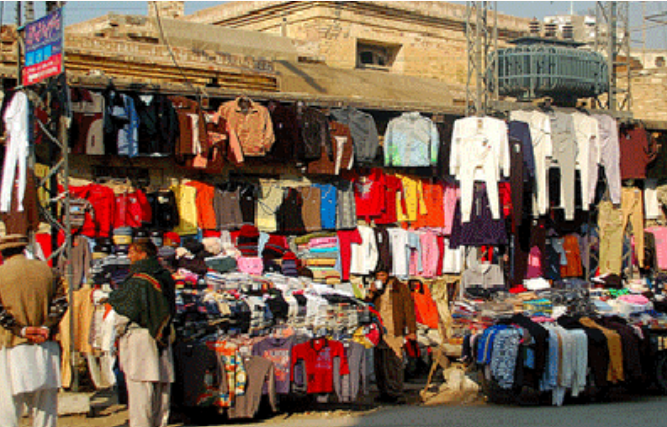The polymer industry in Pakistan is a vital part of the country's economy, with a wide range of applications in various sectors such as packaging, agriculture, construction, and automotive. The polymer industry has seen significant growth in recent years, with the demand for polymer and plastic products continuing to rise due to population growth, urbanization, and increased consumer spending.
Opportunities for growth and investment in the Pakistani polymer industry can be analyzed through several factors:
Demand for polymer products
- The demand for polymer and plastic products in Pakistan is expected to continue growing in the coming years due to the increasing population, rising urbanization, and changing consumer behavior. The demand for plastic packaging, in particular, is expected to grow significantly, driven by the growth of the food and beverage industry.
Availability of raw materials
- Pakistan has a significant domestic production of raw materials such as polyethylene, polypropylene, and PVC. The availability of these materials, coupled with the lower labor costs, makes the Pakistani polymer industry a competitive market for investors.
Government incentives
- The Pakistani government has implemented several policies and incentives to attract foreign investment in the polymer industry. These include tax exemptions and concessions, streamlined procedures for setting up businesses, and financial support for research and development.
Emerging opportunities
- The polymer industry in Pakistan is witnessing several emerging opportunities, particularly in developing eco-friendly alternatives such as biodegradable and recycled plastics and using recycled materials. The growing concern over plastic waste and pollution has created a demand for sustainable solutions, presenting an opportunity for businesses to invest in innovative and eco-friendly products.
Infrastructure development
- The Pakistani government has been investing heavily in the development of infrastructure, including the construction of roads, bridges, and energy infrastructure. This investment has created opportunities for the polymer industry to provide products and services to support these infrastructure projects.
Despite these opportunities, there are also several challenges that investors may face in the Pakistani polymer industry. Lack of skilled labor is a major issue here, particularly in areas such as polymer processing, quality control, and product development. This limits the industry's ability to expand and innovate. The industry is also heavily dependent on imported raw materials, such as polymers and monomers. This makes the industry vulnerable to changes in international market prices and fluctuations in the exchange rate, which adversely affects the cost of production. Low investment in research and development also hinders innovation and product development, resulting in a limited range of products, making it difficult to compete with international players.
The industry also faces a lack of proper infrastructure, including storage facilities, transportation, and energy supply. This leads to delays in the production process, increased costs, and reduced efficiency.
In conclusion, the Pakistani polymer industry presents significant opportunities for growth and investment, driven by the increasing demand for polymer products, availability of raw materials, and government incentives. The emergence of sustainable alternatives and the development of infrastructure also create opportunities for businesses to innovate and provide solutions to the growing demand for eco-friendly products. However, investors must also consider the challenges of investing in the industry and take steps to mitigate them for a successful investment.















.png)



_1000.png)

